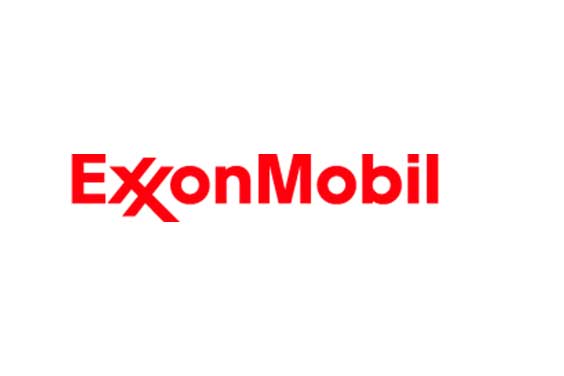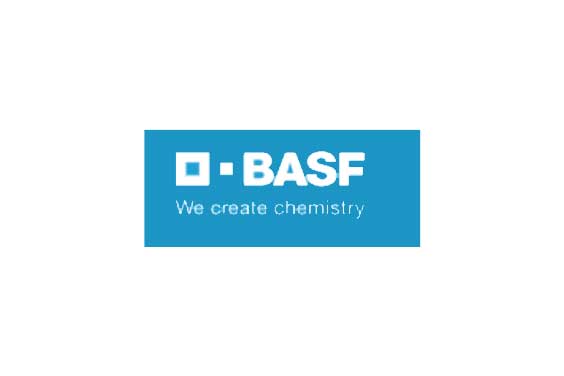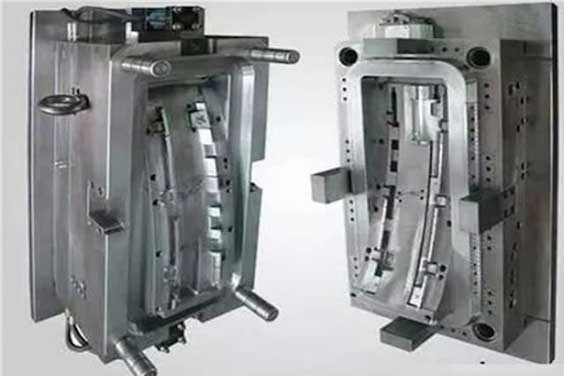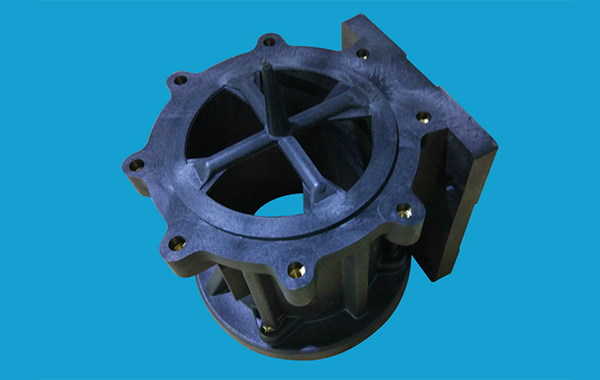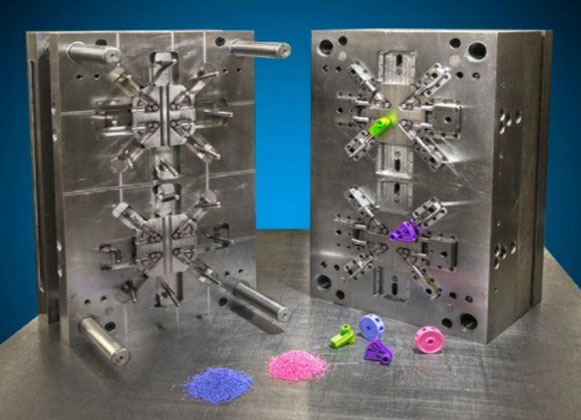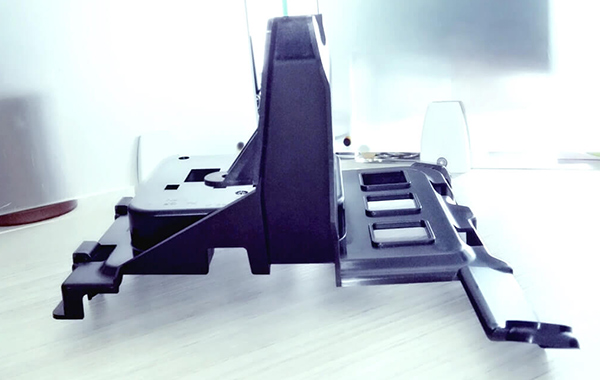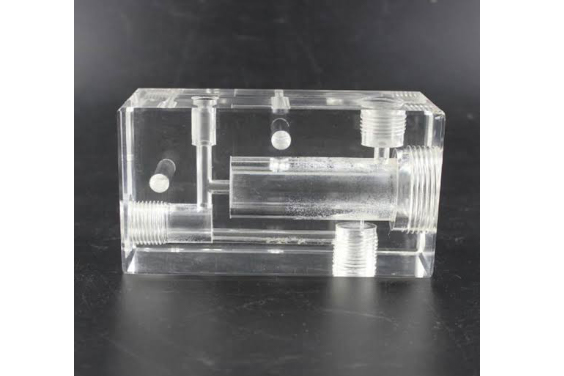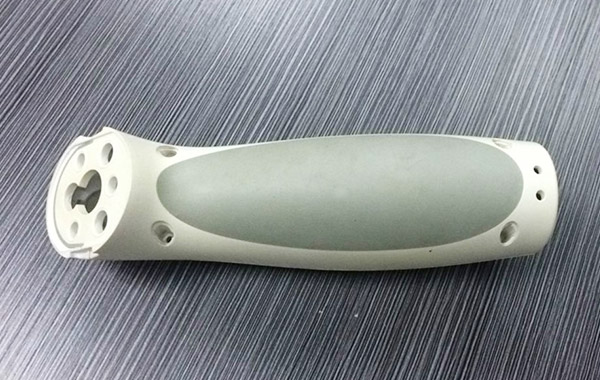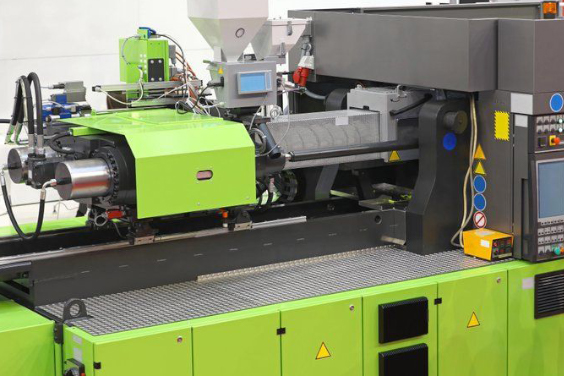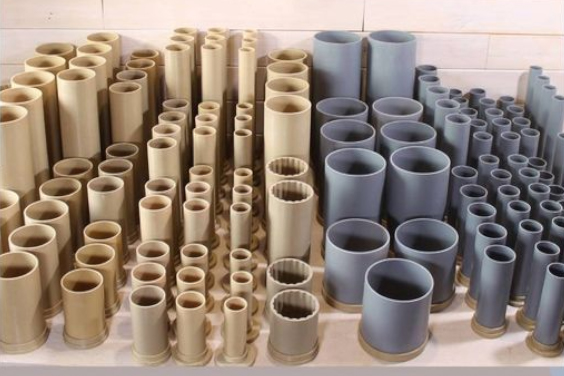Choosing the proper resin is important in almost every aspect of the plastic injection molding process. There are hundreds of injection molded thermoplastics to select from, each with a unique set of characteristics. Because of its renowned characteristics: strength, durability, and toughness, plastics are being employed in more usages than ever before.
Also, there are a variety of manufacturers that one can select from while you apply for assistance with designing plastic products. Do read on to find out more.
Cost of Plastic Pellets for Injection Molding

The cost will fluctuate based on the thermoplastics utilized. The most important predictor of your pricing per part will be the resin you use. If your parts need the use of an industrial resin, which is recognized for its toughness and chemical resistance, the supplies will cost a few pennies more than a commodity polymer, such as polyethylene. It is also less expensive to use resins derived from recyclable plastic.
5 Essentials to Remember

The polymers you employ have an impact on the final functionality of your goods. Your product may not function correctly if you use the incorrect polymer. A flexible resin is unsuitable for applications requiring stiffness and strength. Non-medical grade or non-food grade resins, on the other hand, can provide significant health dangers and risks when employed in medical or food activities.
Understanding your product’s requirements is the best method to determine which resin to use:
- Part Look: When selecting your resin, it is critical to consider the final appearance, comprising surface roughness, color demands, and transparency.
- Resistance: The ability of the part to defend itself against environmental and chemical characteristics.
- Regulatory Requirements: Depending on the industry or intended usage, parts may be required to fulfill stringent rules and standards.
- Life of the Product: The part’s average lifespan is highly dependent on the resin used in the procedure.
- Resin properties include component strength, stiffness, and flexibility.
Recognizing the performance standards that the parts must satisfy is critical. These specifications will guide the component designer, plastic injection molding manufacturer, and resin supplier in selecting the optimum polymer for the application. Finally, it is advantageous to collaborate closely with a supplier from the start to choose the appropriate resin for your next product.
Costs Vary Depending on the Resin
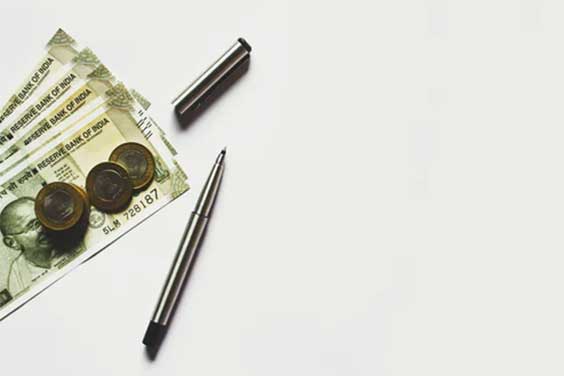
It might be difficult to understand all of the elements that go into determining the cost per component when making a purchase with your manufacturer. The basic answer to establishing the price is the business’s demands and specs, but calculating the cost per component of injection molding depends on numerous factors, ranging from the type of material used to the quantity of manpower necessary.
Thermoplastics are classified into three types based on their family and type: commodity plastics, engineering plastics, and highly specialized or high-performance resins.
- Commodity resins: Because these polymers are simple to manufacture and affordable, they are utilized in a wide range of daily applications and mass-produced goods such as packaging.
- Engineering resins are more costly than commodity resins, however, these polymers are stronger and more resistant to chemicals and environmental factors.
- Specialty/High-Performance Resins: The most expensive of the three groups. These polymers, on the other hand, have the maximum strength as well as chemical, temperature, and resistance to corrosion.
Plastic Pellets Injection Molding Suppliers
1. Dow Chemicals
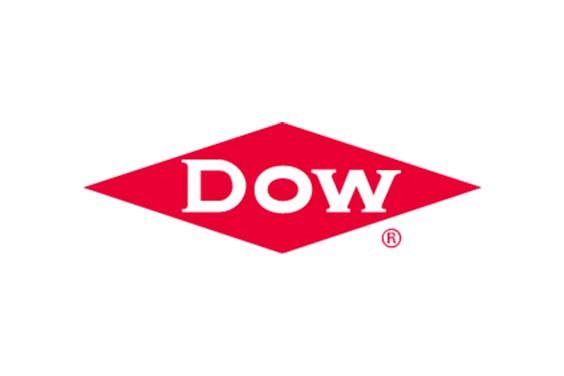
Key Product(s): Plastic Pellets
Employees: 49000+
Dow is an American global chemical business that operates in over 35 countries and offers chemicals, polymers, and agricultural goods. It has over 6,000 product categories that are manufactured all around the world. Dow is the world’s largest manufacturer of chlorine and polyalkylene glycols, as well as the globally leading provider of every major polyethylene (PE) resin (2016). In 2008, it was recognized as the world’s largest plastics maker. In 2015, the firm generated about $49 billion in yearly revenues and employed roughly 49,500 employees globally.
3. Lyondell Basel
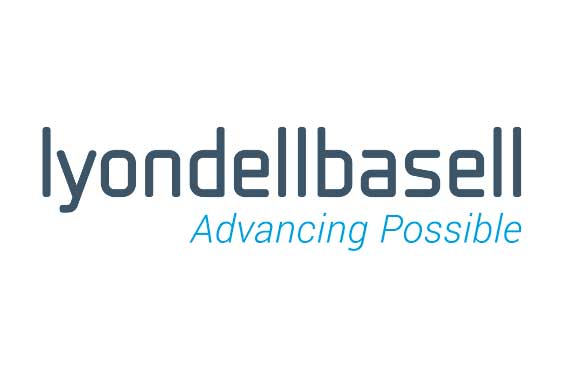
Year Founded: 2007
Employees: 19000+
Key Products: Plastic Pellets
Lyondell Basell is one of the world’s major plastics, chemical products, and refining businesses, based in the Netherlands. Basell Polyolefins acquired Lyondell Chemical Firm in December 2007 for $12.7 billion, resulting in the formation of the company.
LyondellBasell is the world’s leading manufacturer of polypropylene polymers and polypropylene substances, as well as one of the global highest polyethylene producers. It is also a significant manufacturer of high-value specialty polymers and resins. In 2019, the firm had around $34.7 billion1 in yearly revenues and employs roughly 19,400 employees globally.
3. Exxon Mobil
Year Founded: 1999
Employees: 75000+
Key Products: Plastic Pellets
Exxon Mobil Corporation is a global oil, gas, and chemical corporation based in Texas. It is a direct descendent of John D. Rockefeller’s Standard Oil Company and was created through the merging of Exxon and Mobil in 1999. ExxonMobil manufactures plastics, petrochemical products, fuel, and gasoline, along with other things.
The company also is in major nations and digs for oil and gas on 6 continents. The firm is a global leader in the production of polyolefins, as well as other plastics and resins. In 2016, the firm generated about $290 billion in yearly revenues and employed approximately 75,600 employees globally.
4. SABIC
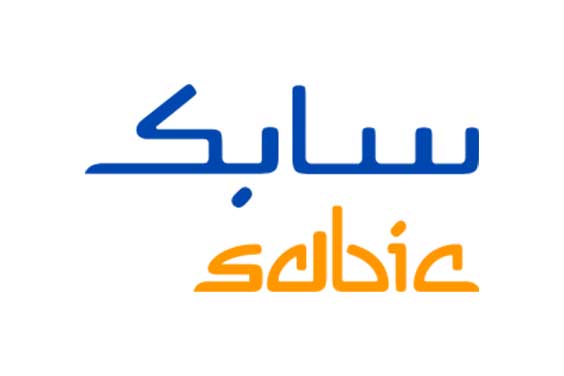
Year Founded: 1976
Employees: 40000+
Key Products: Plastic Pellets
SABIC (Saudi Arabia Basic Industries Corporation) is a commercial petrochemical corporation located in Riyadh, Saudi Arabia, that was formed in 1976. It has a wide range of applications, including chemicals and compounds, industrial plastics, fertilizer, and metal alloys.
SABIC is the third-largest manufacturer of polyethylene on the planet, as well as the fourth-largest manufacturer of polypropylene and polyolefins in broad. The firm has its operations running in over 40 countries, with 60 working production facilities, and staffs over 40,000 people. As per Forbes, SABIC made around $35 billion in sales in 2017.
5. INEOS
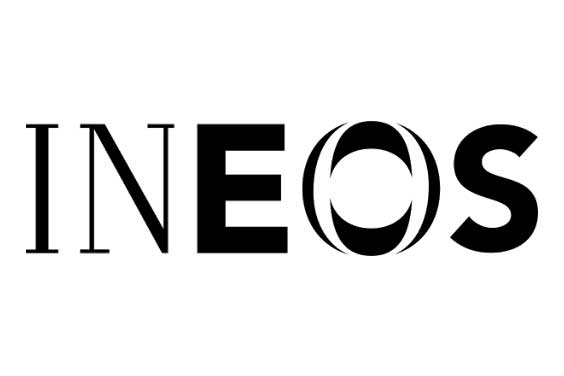
Employees: 19000+
Key Products: Plastic Pellets
Ineos Group Limited is a global chemical corporation based in Rolle, Switzerland. INspec Ethylene OxideSpecialties is an abbreviation for INspec Ethylene OxideSpecialties. Plastics, resins, and intermediates are manufactured for all key markets, notably packaging, medicines, herbicides and pesticides, textiles, consumer products, construction and real estate, and automotive and transportation.
The firm operates in 24 countries, has 171 locations, and employs approximately 19,000 people. In 2018, the firm made around $60 billion in revenue.
6. BASF
Year Founded: 1865
Employees: 19000+
Key Products: Plastic Pellets
BASF is a Global enterprise chemical corporation located in Ludwigshafen, Germany, that was founded in 1865. The firm is a major provider of plastics and resins, with one of the most diverse plastics portfolios.
It also offers a wide range of chemicals, colors, medicinal components, and agricultural goods. In 2019, BASF employed approximately 117,000 people in over 200 countries, including over 50,000 in Germany and 34,000 in the plastics and resins business.
7. ENI
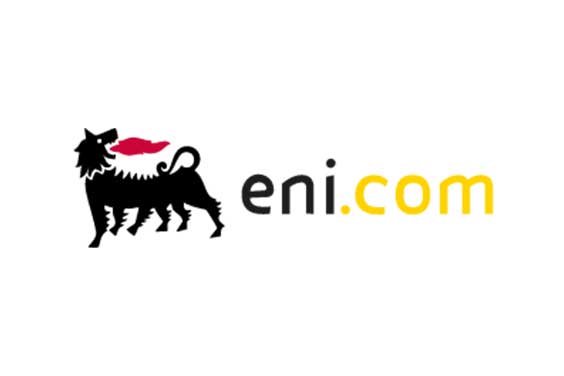
Employees: 31000+
Key Products: Plastic Pellets
Eni S.p.A. (Ente Nazionale Idrocarburi) is a global Italian oil and gas corporation based in Rome. It is a significant producer of polymers and rubbers and is involved in the research, production, and processing of gas and oil. The firm employs approximately 31,000 individuals and works in 73 countries around the world. As per Forbes, ENI’s sales in 2019 were more than $89 billion.
8. LG Chemical
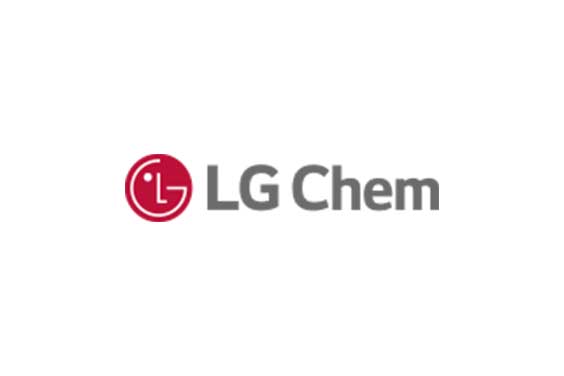
Employees: 19000+
Key Products: Plastic Pellets
LG Chemical, based in Seoul, South Korea, is the biggest Korean chemical business. It produces chemical products, polyolefins, polyvinyl chloride, polystyrene, artificial rubbers, and specialty polymers. The firm is also a significant manufacturer of IT and electrical materials, as well as batteries. In 2019, the firm generated around $25.5 billion in annual revenues and employed approximately 15,000 employees worldwide.
9. Chevron Phillips
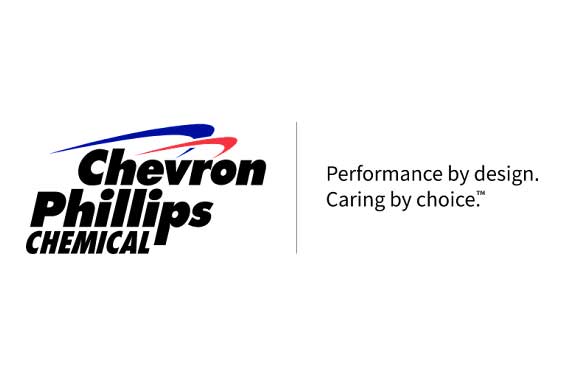
Year Founded: 2000
Employees: 5000+
Key Products: Plastic Pellets
Chevron Phillips Chemical is a petrochemical business based in the Texas town of Woodlands. Chevron Corporation and Phillips Corporation equally own the firm, which was created in 2000 by combining both corporations’ chemical activities. It is a significant manufacturer of petrochemicals, polyolefins, and specialty chemicals. Chevron Phillips employs about 5,000 people across 31 manufacturing and research locations in the United States, Singapore, South Korea, Saudi Arabia, Qatar, and Belgium. In 2018, the firm made around $160 billion in revenue.
10. Lanxess
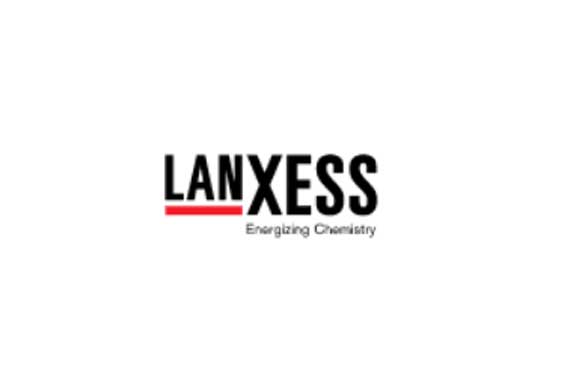
Year Founded: 2004
Employees: 16000+
Key Products: Plastic Pellets
Lanxess is a German specialty chemicals business headquartered in Cologne. The firm was formed in 2004 as a spin-off of Bayer AG’s chemicals department and portions of its polymers sector. Plastics, rubbers, intermediates, and specialty chemicals are the primary products developed, manufactured, and marketed by the company.
Lanxess is also a significant provider of synthetic materials through its partnership with Saudi Aramco. In 2015, the firm had sales of EUR 7.9 billion, and it employs about 16,700 people across 54 industrial locations in 29 countries.
The Bottom Line
With the current aforementioned information, there is no doubt that your struggles with getting a plastic pellet supplier for your project are now over. We hope that the information provided the much-needed confidence in starting the next plastic manufacturing project if you want to be a molding manufacturer. Go through the article again and find the best supplier that best suits your specific needs before making a choice. Happy shopping!

